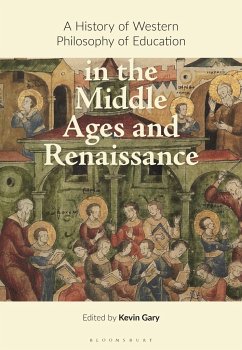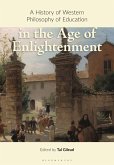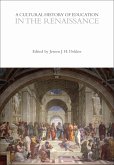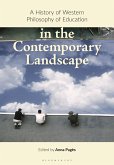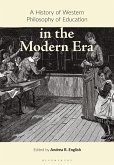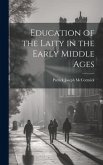This volume traces the history of Western philosophy of education from the Medieval through the Renaissance period (500-1550). This vast expanse of time includes the rise of Christian monasticism (one of the most enduring and revolutionary models of education in the history of the West), the birth of Islam (with its advances in mathematical, scientific, and philosophical reasoning), the rise of the university (as an emerging force distinct from ecclesiastical and state control), and the dawn of the Enlightenment. It includes chapters on the educational thought of Benedict, Abelard, Heloise, Aquinas, Maimonides, the prophet Mohammaed, Hrosvitha of Ganderscheim, Hildegard of Bingen, among others. It also considers the educational impact of Reformation thinkers like Erasmus and Luther, and Renaissance thinkers such as Montaigne. About A History of Western Philosophy of Education: An essential resource for researchers, scholars, and students of education, this five-volume set that traces the development of philosophy of education through Western culture and history. Focusing on philosophers who have theorized education and its implementation, the series constitutes a fresh, dynamic, and developing view of educational philosophy. It expands our educational possibilities by reinvigorating philosophy's vibrant critical tradition, connecting old and new perspectives, and identifying the continuity of critique and reconstruction. It also includes a timeline showing major historical events, including educational initiatives and the publication of noteworthy philosophical works.

